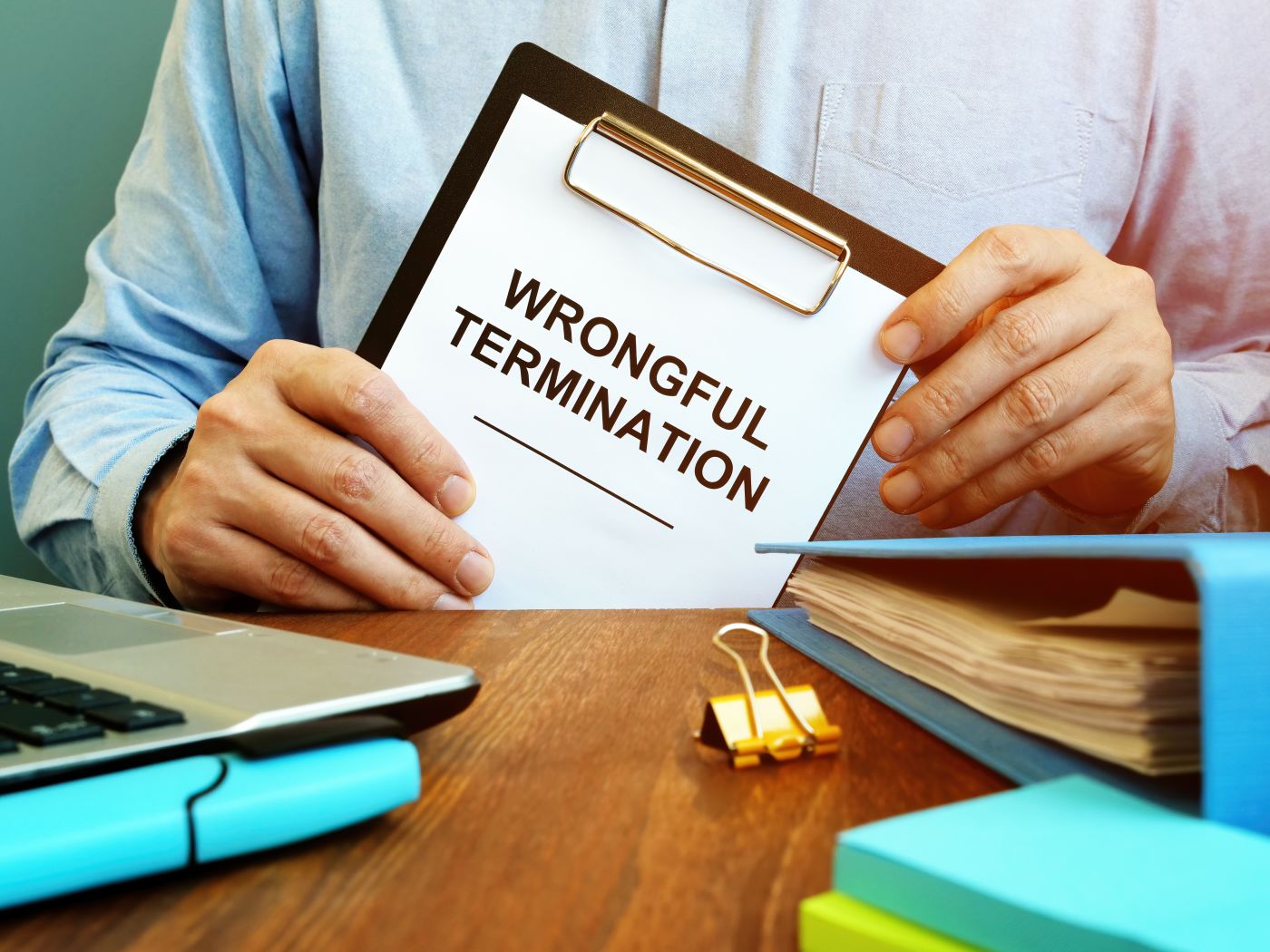California has some of the most employer-friendly laws in the country. However, employers too often don’t fully understand and/or abide by them, and employees may not realize that they’ve been cheated out of money they earned.
When employers don’t comply with the law, the matter may have to go to court. Sometimes these cases make their way to the highest court in the state.
Classifying premium pay as wages
The California Supreme Court has just handed down a ruling in a class action suit against a security company regarding the pay that non-exempt employees are due if they’re required by their employer to work through all or part of a break. Hourly employees are entitled to take a 30-minute unpaid break every five hours. They’re also entitled to a paid 10-minute rest break for every four hours or part of that fourth hour worked.
If an employer knowingly fails to pay an employee for a break after requiring them to work through all or part of it, they must give them “premium pay” of an additional hour’s wages on top of payment for the break time they worked through.
The California Supreme Court concluded that any additional payment that employers are required to make “to compensate for the unlawful deprivation of a guaranteed break….constitutes wages subject to the same timing and reporting rules as other forms of compensation for work.”
Timing of payment
Why is this classification of this premium pay as wages important? It means that employees have to be paid this money on the paycheck for the period in which that work was done. If they aren’t, an employer can face even more penalties.
Of course, under the law, nonexempt employees are allowed to waive some breaks. For example, they can waive that meal break, but only if they aren’t working for more than six hours. Employers can’t lawfully try to get around having to pay these penalties by requiring employees to designate that they “waived” a break. Unfortunately, this can and does happen.
If you believe that you haven’t been paid what you’re owed for your work or that you’ve been pressured to waive breaks, you should address the issue with your employer. If you aren’t satisfied with the response or if you suffer retaliation for speaking up, it may be wise to seek legal guidance to protect your rights under California law.




